
Recommendation
Author Lilia Shevtsova gives an authoritative, if undramatic and less than perfectly organized, account of the rise of Vladimir Putin. Boris Yeltsin chose the anonymous, quiet former KGB colonel for one of the world's most powerful jobs, in part because of his loyalty. Putin's clear-eyed pragmatism and his visceral support of George W. Bush's war on terrorism have given Russia otherwise unattainable international significance. Now, will Putin use his power to reform Russia's political institutions and strengthen its framework of democratic governance? This quite readable book goes beyond the headlines and indicates that Russia is still a land of intrigue and mystery, where the only certainty is that there is none. Under that circumstance, Shevtsova has done an admirable job of framing how Russia reached its current state and what historical choices now confront it. The future of Russia is far from set. getAbstract very highly recommends this book to those who seek a deeper understanding of one of America's staunchest allies in the war on terror.
Summary
About the Author
A senior associate in the Carnegie Endowment's Russian and Eurasian Program, Lilia Shevtsova divides her time between the organization's offices in Moscow and Washington, D.C. Shevtsova is one of Russia's top political analysts and the author of six books. Her journalistic endeavors have won numerous awards, and she serves as a regular commentator for major, global television and radio networks.









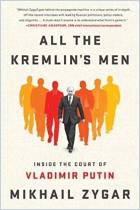
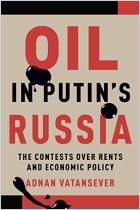
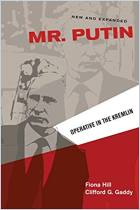
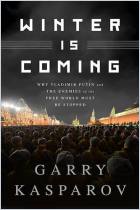
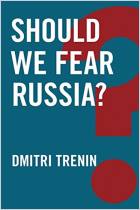
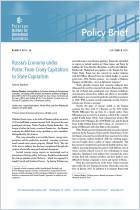

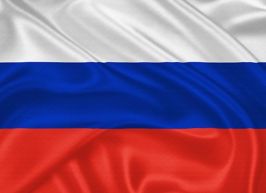


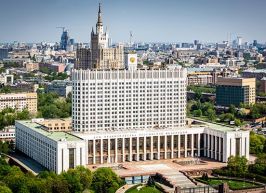
Comment on this summary or Diskussion beginnen